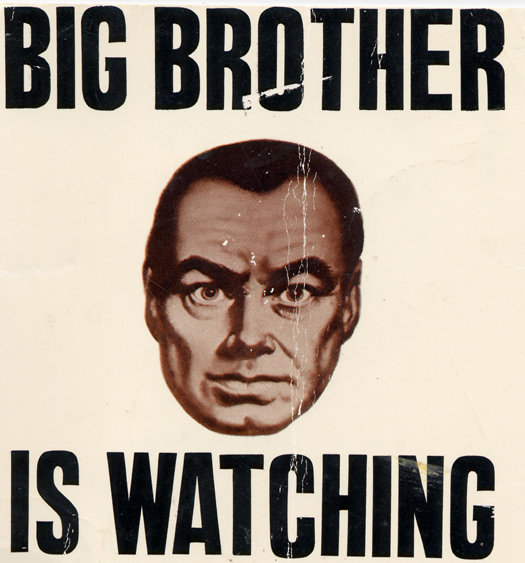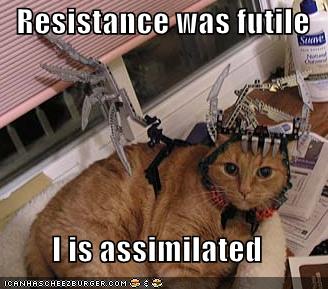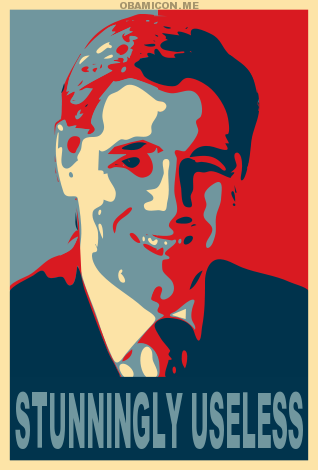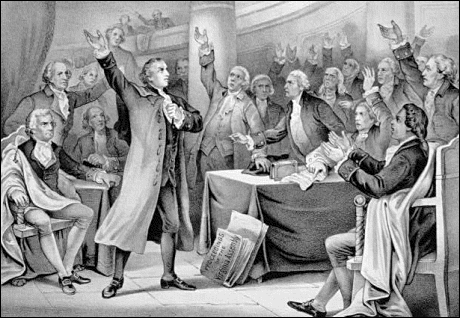 One month and 40 pages of Master’s capstone later, here’s what I know: the Fourth Amendment is a tricky thing.
One month and 40 pages of Master’s capstone later, here’s what I know: the Fourth Amendment is a tricky thing.
I’ve spent the last month exploring Katz and Olmstead and Miller and nearly every other aspect of the Fourth Amendment’s intersection with online data. I’ve explored how and where your data is protected from unreasonable searches and seizures, seen the lines that the government can cross (see the current Jones case for a prime example), and yet, at the end of the day, the only reaction I can get from anybody is…
So?
In the last two weeks, I’ve had no fewer than four people tell me, in some form or another, “if you’re not doing anything wrong, you have nothing to worry about.”
Just yesterday, I had a protracted INTERNET ARGUMENT with people who could not put it between their ears that forcing all welfare recipients to take a drug test was a massive violation of the Fourth Amendment.
It’s a fascinating thing, the Fourth Amendment, protecting us regular citizens from unwarranted suspicion, from intrusions on our privacy, from unreasonable searches and seizures. But we’re willing to throw it away because “we’re not doing anything wrong.”
But here’s the thing: no.
You don’t have to look any further than the Transportation and Safety Administration for that argument to fall apart. After all, regular folks who did nothing guiltier than book a flight are subjected to unreasonable searches every day.
The thing is, the law changes. What raises no suspicion today is illegal tomorrow. When we stop caring where unreasonable searches and seizures start and stop, we hand over our ability as citizens to be free from suspicion.
More succinctly: me today, you tomorrow.
Freedom as a whole is a tricky thing. It means the freedom to let people do whatever they want, whether you approve or not. It means the freedom to live in peace. It means the freedom to pursue your own life, liberty and property in the way you want.
I guess that’s my point: freedom is hard. It doesn’t always make sense. But the alternative is constant suspicion, constant surveillance. I choose that hard path. And I’m thankful our founders did, too.




